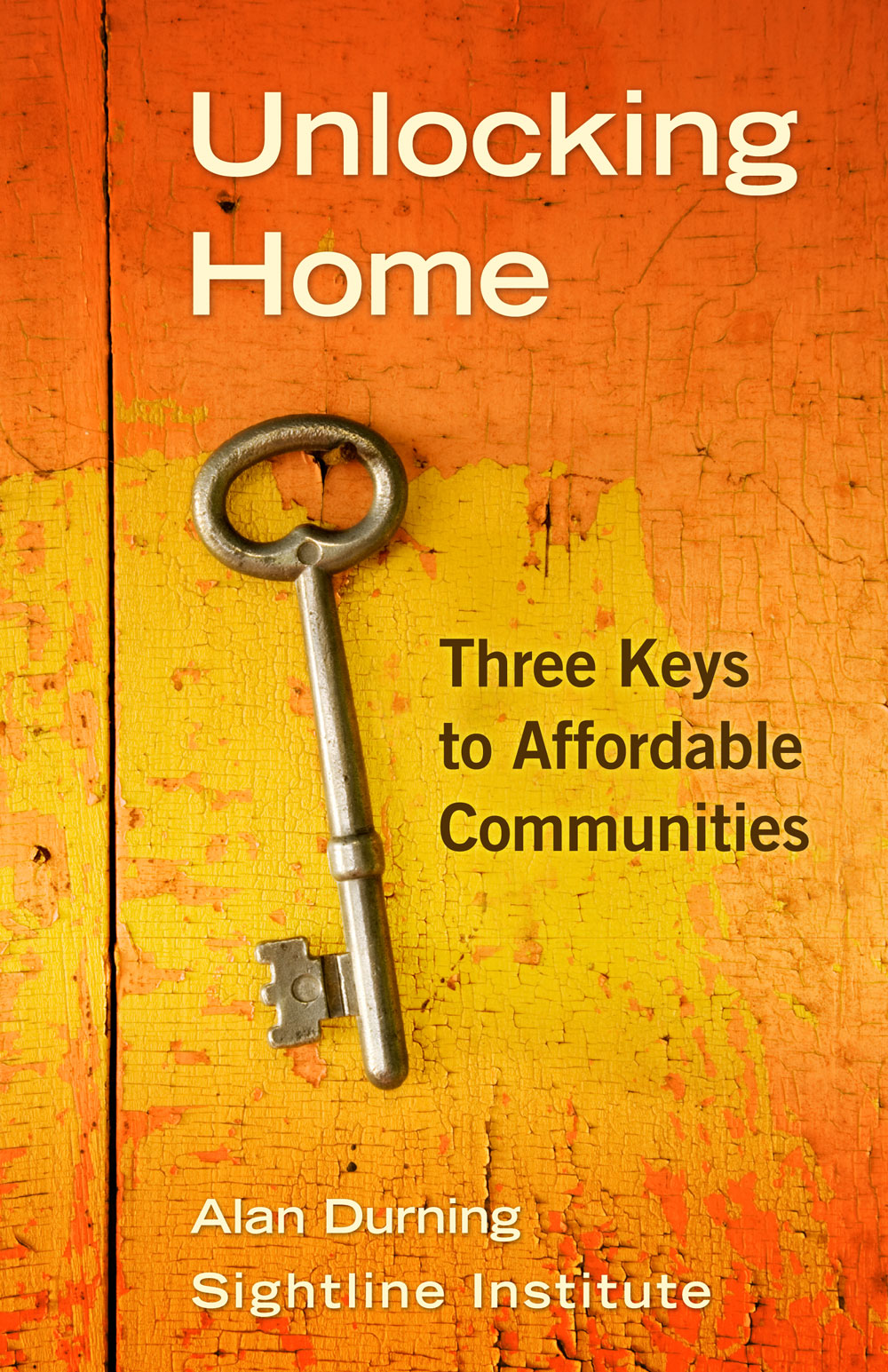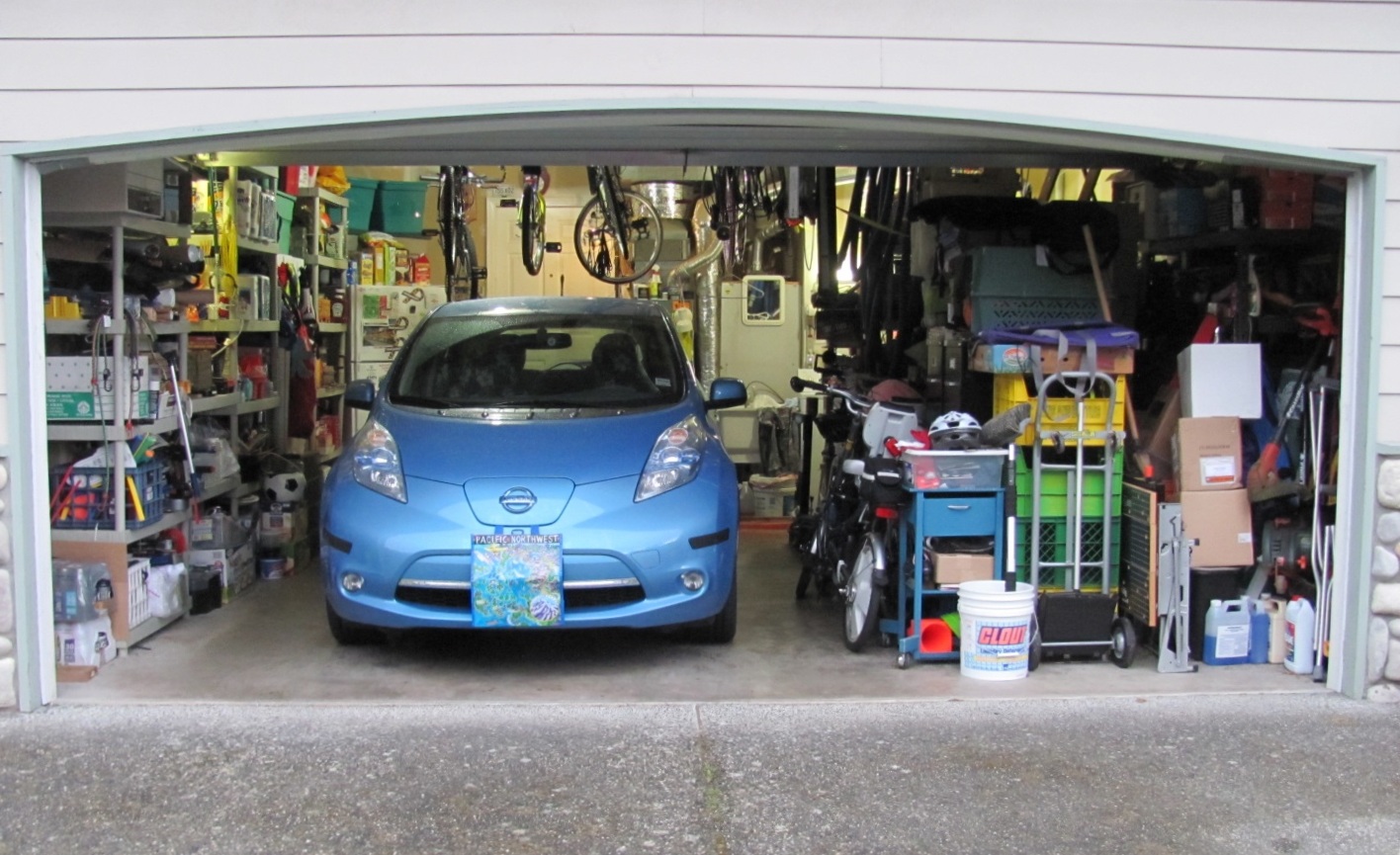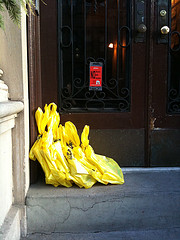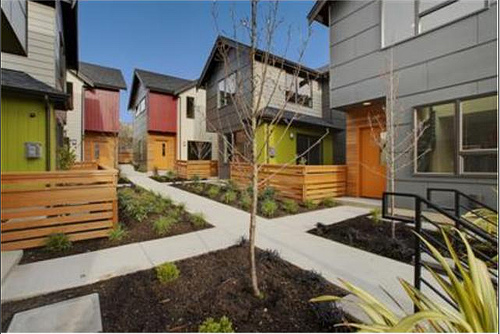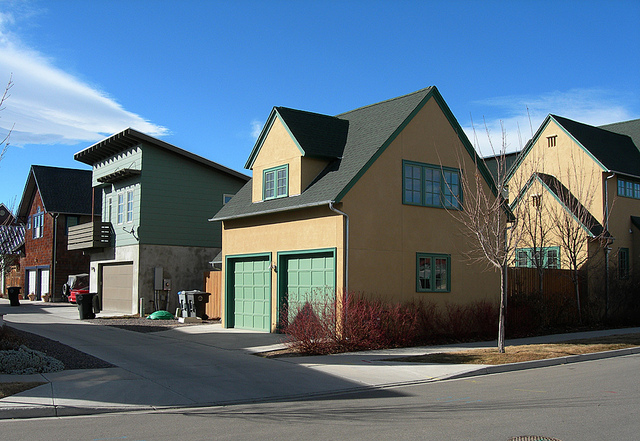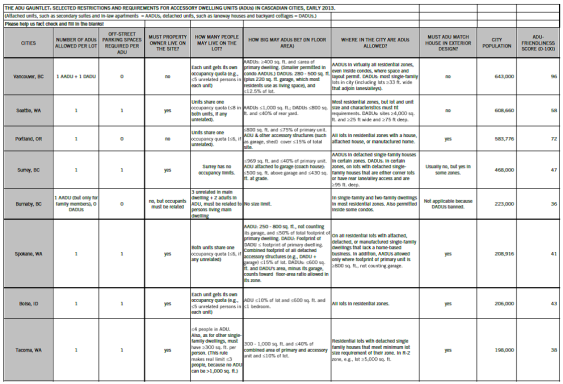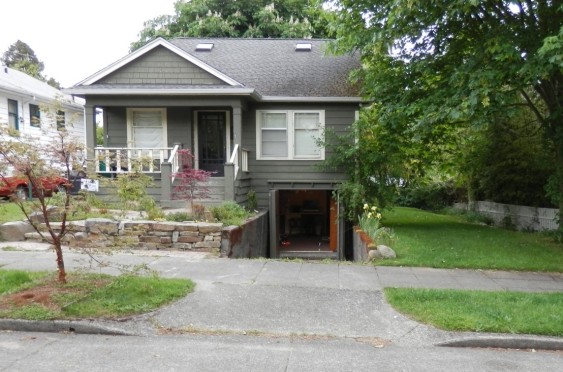
I have not owned a car in seven years, but I do own a garage. It’s pictured above. In fact, I am legally required to own an off-street parking space; that’s written in the land-use code for my city, Seattle, as for virtually every city. The driveway that leads to my garage, meanwhile, eliminates almost exactly one parking space from my street. Parking in front of a driveway is illegal, and a regular curb cut is almost exactly the size of a parking space, as illustrated below.
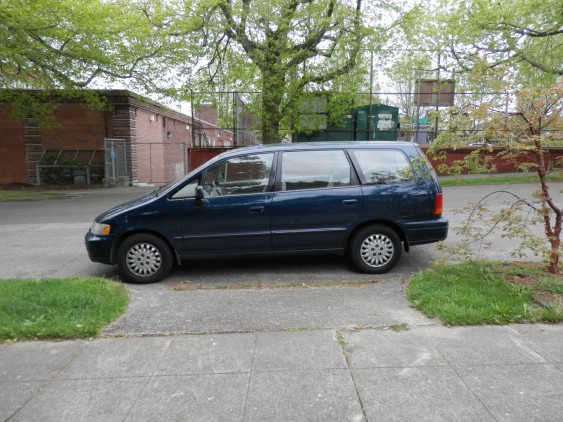
The net effect—one mandatory off-street parking space plus one car-less household—is a one-space reduction of parking supply on my block. Repeat: my obligatory driveway and garage deprive the universe of one on-street slot. This is ironic, but it’s only the tip of the irony iceberg where car-storage is concerned.
